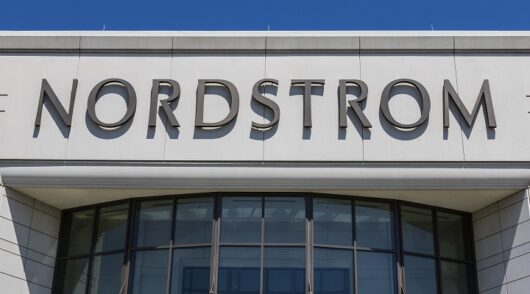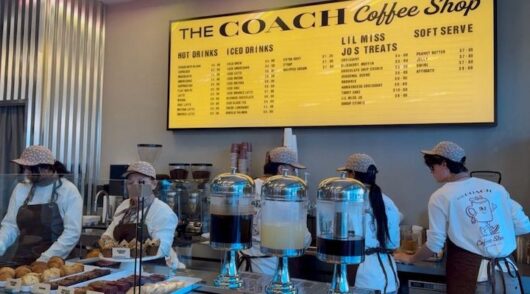The Federal Trade Commission (FTC) has sued to block Tapestry’s $8.5 billion acquisition of Capri, a deal it said would eliminate fierce competition between the two companies.
The FTC has issued an administrative complaint and authorized a lawsuit in federal court, alleging that the transaction threatens to deprive millions of American consumers of the benefits of the head-to-head competition. This includes competition on price, discounts and promotions, innovation, design, marketing, and advertising.
The deal would also give Tapestry a dominant share of the “accessible luxury” handbag market, a term coined by Tapestry to describe quality leather and craftsmanship handbags at an affordable price, the commission added.
In addition, the acquisition may negatively affect wages and workplace benefits for employees, as well as make it harder for new brands to enter the market and have a meaningful presence, the FTC alleges.
In response to the lawsuit, Tapestry said the FTC “fundamentally misunderstands” both the marketplace and how consumers shop.
“Tapestry and Capri operate in an intensely competitive and highly fragmented industry alongside hundreds of rival brands, including both established players and new entrants,” the company continued.
Tapestry and Capri face competitive pressures from both lower- and higher-priced products, and the FTC has chosen to ignore the reality of the dynamic $200 billion global luxury industry, it added.
In a statement, Capri also “strongly disagrees” with the FTC’s decision, stressing that the transaction will not limit, reduce, or constrain competition. The firm said it will vigorously defend the case alongside Tapestry to complete the pending acquisition.
‘Misreading the market‘
However, some experts disagree with the government body’s decision. The FTC has “misread the market” and failed to understand how brands work and the actual level of choice for the consumer, said GlobalData MD Neil Saunders.
Consumers do not just go out to buy ‘accessible luxury’ handbags, they generally start with a need for a product and then explore a variety of brands before buying something within their budget, Saunders explained.
Within the mid-priced part of the market, there are hundreds of other brands to choose from alongside Coach and Michael Kors. There is no dearth of choice, so Tapestry and Capri cannot simply raise prices with impunity, the analyst stated.
Regarding the competition between Coach and Michael Kors, both labels offer “fish from different pools” and have different brand positionings. A Michael Kors bag is not, for many, a direct substitute for a Coach one, he added.
“In essence, the FTC has misunderstood how luxury markets work and is wrong to assume higher-end purchases are the same as buying commodities such as tins of soup,” Saunders elaborated.
He stressed that the decision to block the merger is a “great disservice” to the retail industry and to American companies trying to create brand houses to rival those in Europe.







